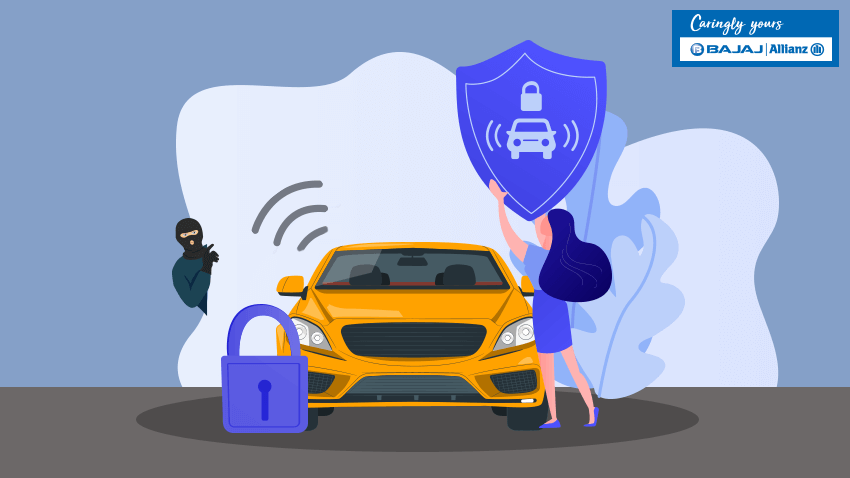To promote the benefits of electric cars among the general masses, the Indian government has launched various initiatives. While there are different subsidies and tax benefits that both, the manufacturer and the buyer, can enjoy. With technological advancements, it is even possible to convert petrol and diesel cars to electric one. You might be surprised to know this; however, it is something which has been made possible. If you own either a petrol or diesel car and are planning on its conversion to an electric car, here’s all you need to know about it.
Electric cars and their types
Electric cars are powered by the electric charge stored in their batteries. However, a conventional car is powered by fossil fuels such as petrol and diesel, which powers the internal combustion engine to drive the car.
The following are the types of electric vehicles:
Battery Electric Vehicle (BEV)
This car runs only on the charge stored within its battery. The battery is powered by either alternating current or direct current depending on the model. Due to the absence of fossil fuel, these cars have zero emissions. Factors such as charging time, driving range, and battery capacity vary among manufacturers.
Hybrid Electric Vehicle (HEV)
This car run on both, fuel and electric charge. However, the electric current needed to power the car is generated by the braking system of the vehicle, known as regenerative braking. The heat produced during braking gets converted into electrical energy, which is stored and used to power the car. The car switches to fuel after the car has started.
Plug-in Hybrid Electric Vehicle (PHEV)
This type of car is similar to the hybrid one, the only difference being that batteries get charged through both braking and external charging.
Converting diesel car to electric
With the government bringing amendments to the Motor Vehicles Act to combat the rising vehicular pollution, they have allowed car owners to convert their diesel car to an electric car. If you have a diesel vehicle, converting diesel car to electric is easy now.
The government has permitted various entities to register themselves as authorised dealers. These dealers sell the electric car conversion kit which is used to convert your car to an electric one. The process can take some time due to the difference in the parts and mechanisms.
Conversion to electric car: Is it worth it?
While it is a positive initiative taken up by the government to tackle pollution, there is still its cost that you must consider. Depending on the type of car you own, the cost of the kit can vary. This also depends on where you are getting it fitted from.
Moreover, the cost of the battery cannot be overlooked. Its price depends upon the capacity and range of the battery on a single charge. The higher the range, the costlier the battery. The maintenance cost also must be considered before converting your car to an electric one. Since your car will now become electric, you also need to account for the cost of
electric car insurance. *
Impact on electric vehicle insurance
Car insurance companies, now, provide insurance policies for electrical vehicles too. The coverage provided for an electric car is similar to the one provided for a conventional fuel-operated car. However, do keep in mind that the price of electric car insurance may be higher due to the cost of the car and its mechanism. *
*Standard T&C apply
Conclusion
If you wish to continue using your existing car and convert it into an electric one instead of buying a new car, you can opt for its conversion. Do remember that the process is not easy and may take time before your car is handed over to you again. Make sure to insure it with suitable
electric vehicle insurance to avoid financial loss from mishaps and other unfortunate incidents.
Insurance is the subject matter of solicitation. For more details on benefits, exclusions, limitations, terms, and conditions, please read the sales brochure/policy wording carefully before concluding a sale.
 Service Chat: +91 75072 45858
Service Chat: +91 75072 45858



Leave a Reply